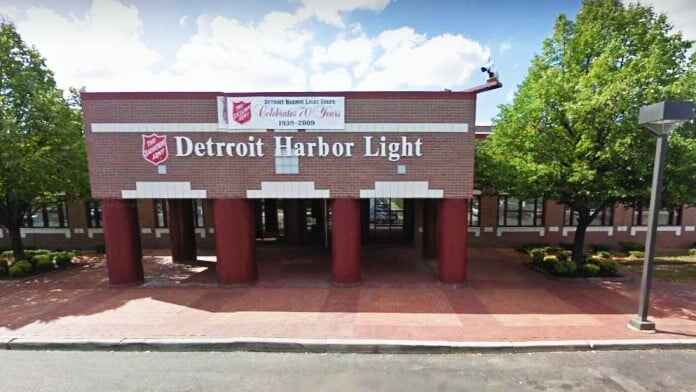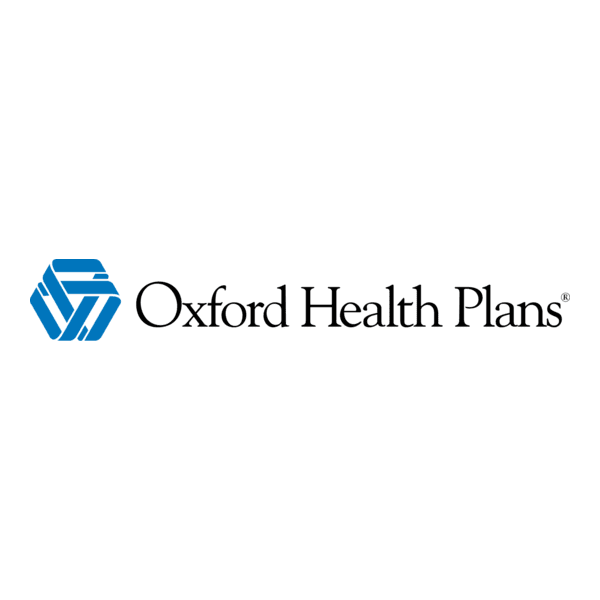About Salvation Army Detroit Harbor Light – Detroit
The Salvation Army Harbor Light Recovery Program provides a beacon of light to adults seeking sobriety or freedom from alcohol and drug addiction. This encompasses men and women physically and mentally capable of participating in substance use treatment. This program is located in Detroit, Michigan. They offer an individualized continuum of care tailored to each client’s unique needs. This guides clients towards self sufficiency and sobriety.
Their treatment options include subacute detox, short and long term residential treatment and standard as well as intensive outpatient care. Specialized intensive outpatient care is available for pregnant and postpartum women. They also provide residential aftercare, family support services and domiciliary services as necessary. The latter involves assisting individuals with daily living activities, personal care and household tasks to foster independent living.
The facility offers a warm, nurturing and dignified environment for recovery. They provide a prompt 24/7 response to accommodate walk ins and referrals seeking treatment. Subacute detox takes place in their highly structured and therapeutic inpatient settings. It involves comprehensive assessment and stabilization. Unlike medical or acute detox it doesn’t involve intensive intervention or 24/7 monitoring. It emphasizes managing withdrawal symptoms and preparing you for ongoing treatment.
Their detox incorporates medication assisted treatment using Suboxone and Vivitrol to better manage withdrawal symptoms. Their subacute detox lasts three to five days after which you’ll ideally follow up with the 30 to 90 days residential care. This involves intensive therapy with 24/7 supervision and support by their highly skilled care team. Proven therapeutic practices are delivered through group, individual and family therapy. This focuses on the development of robust coping and relapse prevention strategies. The family session helps you rebuild and strengthen relationships with your loved ones fostering better communication and understanding.
Spiritual counseling is provided as part of the holistic approach. This ensures the physical, psychological and spiritual aspects of addiction are addressed. You’ll also benefit from their peer support groups which include AA and NA. Upon completing residential treatment you can step down to intensive outpatient or general outpatient care. Both are highly flexible since you can receive therapy while maintaining your work or academic routine. However, their intensive outpatient care is more structured and requires more therapy sessions. Daytime, evening and weekend group sessions are available for convenience.
The facility also provides legal aid and case management services. Their onsite manager can connect you to additional supportive services to help achieve your recovery goals. This may include transition services for veterans, temporary shelter and help with utilities as you work toward independence following recovery. Comments from past clients reflect an overall positive experience and great quality of care.














